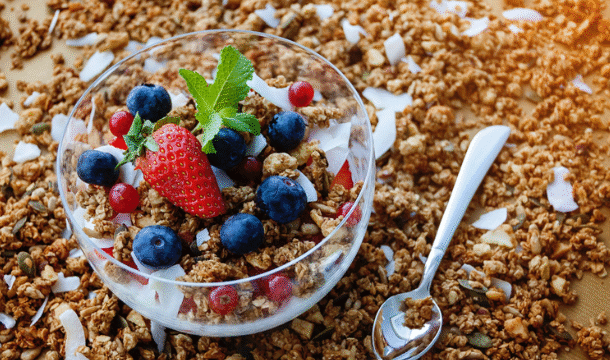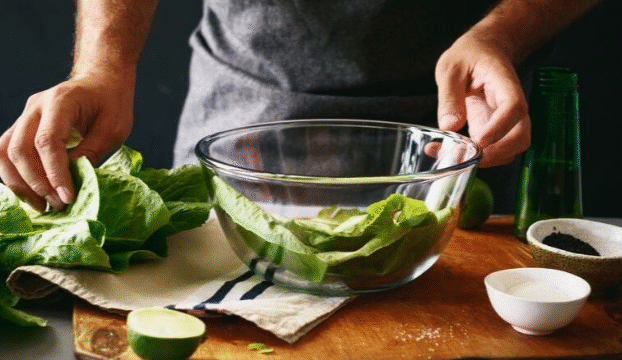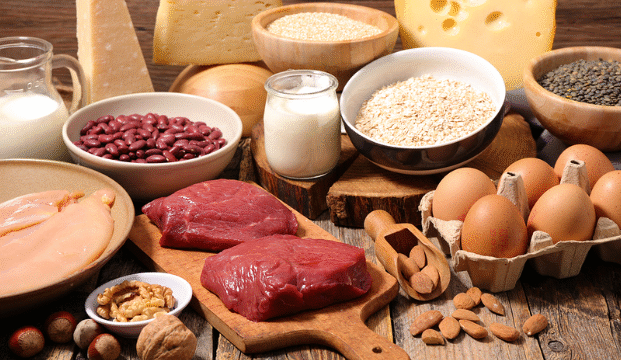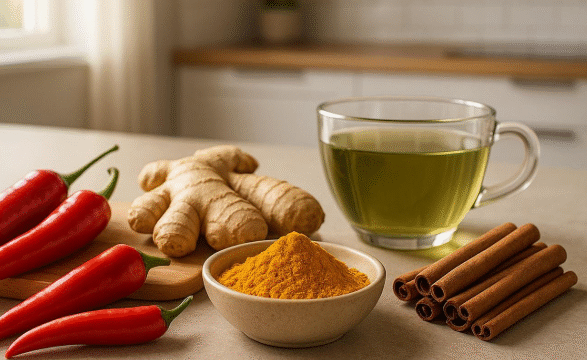1.
Leafy Greens
Spinach, kale, romaine, and other greens are low in calories but high in fiber, vitamins, and minerals.
They add volume to your plate so you can enjoy satisfying portions without overdoing calories.
2. Lean Protein
Chicken breast, turkey, fish, eggs, beans, and tofu are excellent protein sources. Protein supports muscle maintenance and helps you feel fuller for longer, which may prevent unnecessary snacking.
3. Whole Grains
Foods like quinoa, oats, and brown rice are high in fiber and digest slowly, helping to stabilize blood sugar and sustain energy.
4. Beans and Lentils
Rich in both fiber and protein, legumes support fullness and provide steady fuel throughout the day.
5. Fresh Fruits
Berries, apples, pears, and citrus fruits provide natural sweetness with fiber and water that help you feel full.
6. Vegetables with High Fiber
Broccoli, cauliflower, zucchini, and carrots are low in calories and full of nutrients. Their fiber content supports digestion and satiety.
7. Healthy Fats
Avocados, nuts, seeds, and olive oil provide healthy fats that enhance satiety and help your body absorb essential vitamins.
8. Greek Yogurt
Unsweetened Greek yogurt is high in protein and probiotics, supporting both fullness and gut health.
9. Green Tea
Green tea contains antioxidants and a small boost of natural caffeine, making it a popular drink for those looking to manage their weight.
10. Water
Staying hydrated is key to overall health and can help prevent overeating by reducing thirst-driven snacking.
Tips to Make These Foods Work for You
- Balance your plate: Include protein, fiber, and healthy fats at every meal.
- Plan ahead: Meal prep with these ingredients to avoid unhealthy last-minute options.
- Practice portion control: Even healthy foods should be enjoyed in moderation.
- Stay consistent: Regularly incorporating these foods makes it easier to maintain progress over time.






